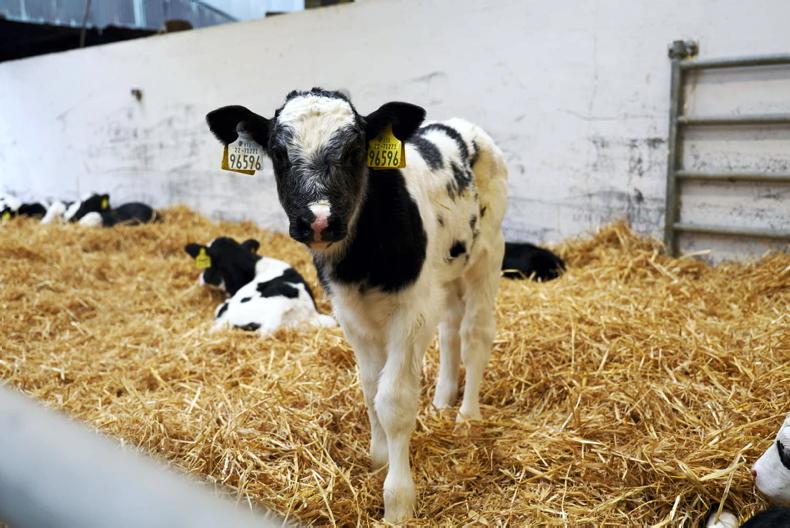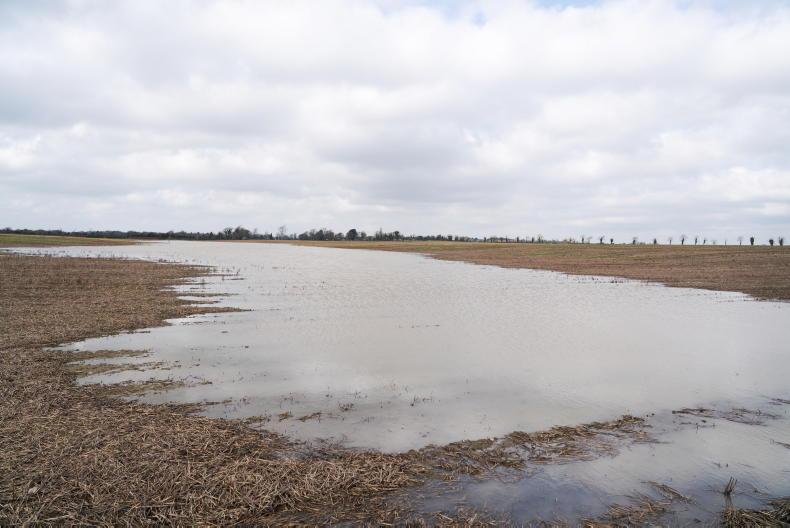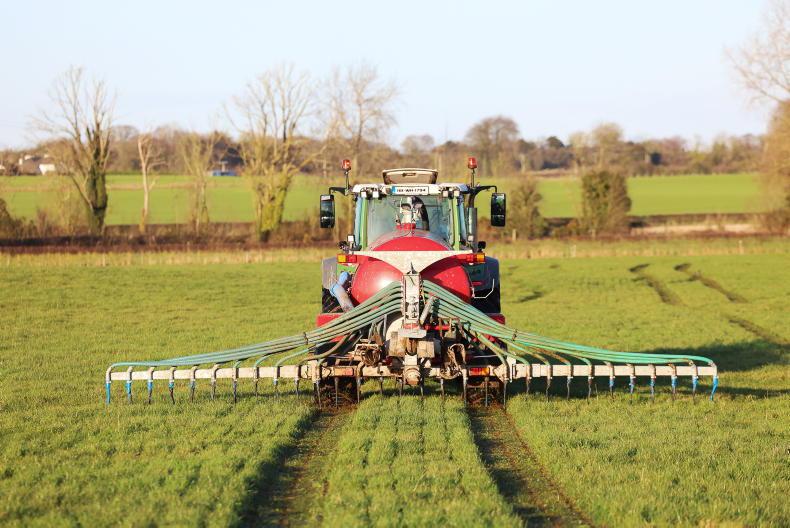A farmer in Western Australia (WA) has had to dig a mass grave for 3,000 of his sheep, which he said he will have to slaughter as there is no buyer or feed for them.
Wayne Smith of Caluka Farms said it is more humane to slaughter the sheep than to leave them go thirsty or hungry.
“It is such very hard times for sheep farmers in Western Australia. It's been a very teary day for me. Started organising a neighbour to dig a pit big enough to put [over] 3,000 sheep in.
“When no one can buy them, there is no more money to buy feed for them (if you can find any to buy), there is no feed in the paddocks and sometimes no water, there is no choice.
“We can't let them suffer from hunger and thirst. It breaks our hearts having to do it. Gut wrenching,” he said.
Selling
Smith added that he has been trying to secure a buyer and has already sold-off some of his flock.
“I've been trying for many months [to sell the sheep]. Had 6,000. Down to 4,600, but [over] 1,400 are dropping lambs.
“Can't sell them for another few months. It's been brick walls trying to sell them.
“Our agent is working really hard, but so many are in the same boat and can't buy them, nor take them,” he said.
Emotion
Many WA farmers, Smith said, have taken a similar decision to him, which he highlighted was a very difficult to make.
“We farmers do exhaust every last option. It is not humane to let them lose weight every week and die of hunger or thirst.
“That is the only reason; we have no choice when we can't sell them, can't feed them and can't water them. I've been crying all day. It's the last resort,” he said.
Weather
WA is just coming out of its hottest summer on record.
The WA Government announced this week it will establish a 2024 Dry Season Taskforce to help address concerns as farmers across the state experience challenging weather conditions.
The number of sheep in Australia has increased dramatically in the past three years, when the sheep population was at a 100-year low.
Higher rainfall over the last number of years has seen Australia’s national flock rise to 78m head, causing an oversupply of sheep.
Dry Season Taskforce
While Irish agriculture had to reconvene a fodder committee recently due to heavy rainfall, in Australia farmers are short on fodder due to extreme heat.
The 2024 Dry Season Taskforce will consider:
Access and availability of fodder for livestock.Access and availability of water for livestock and cropping operations.Extension and adoption of drought resilient practices across different farming systems.Opportunities for collaboration and co-ordination of industry, local and state Government activities.Provision of evidence-based information and tools to support on-farm decision making processes.
A farmer in Western Australia (WA) has had to dig a mass grave for 3,000 of his sheep, which he said he will have to slaughter as there is no buyer or feed for them.
Wayne Smith of Caluka Farms said it is more humane to slaughter the sheep than to leave them go thirsty or hungry.
“It is such very hard times for sheep farmers in Western Australia. It's been a very teary day for me. Started organising a neighbour to dig a pit big enough to put [over] 3,000 sheep in.
“When no one can buy them, there is no more money to buy feed for them (if you can find any to buy), there is no feed in the paddocks and sometimes no water, there is no choice.
“We can't let them suffer from hunger and thirst. It breaks our hearts having to do it. Gut wrenching,” he said.
Selling
Smith added that he has been trying to secure a buyer and has already sold-off some of his flock.
“I've been trying for many months [to sell the sheep]. Had 6,000. Down to 4,600, but [over] 1,400 are dropping lambs.
“Can't sell them for another few months. It's been brick walls trying to sell them.
“Our agent is working really hard, but so many are in the same boat and can't buy them, nor take them,” he said.
Emotion
Many WA farmers, Smith said, have taken a similar decision to him, which he highlighted was a very difficult to make.
“We farmers do exhaust every last option. It is not humane to let them lose weight every week and die of hunger or thirst.
“That is the only reason; we have no choice when we can't sell them, can't feed them and can't water them. I've been crying all day. It's the last resort,” he said.
Weather
WA is just coming out of its hottest summer on record.
The WA Government announced this week it will establish a 2024 Dry Season Taskforce to help address concerns as farmers across the state experience challenging weather conditions.
The number of sheep in Australia has increased dramatically in the past three years, when the sheep population was at a 100-year low.
Higher rainfall over the last number of years has seen Australia’s national flock rise to 78m head, causing an oversupply of sheep.
Dry Season Taskforce
While Irish agriculture had to reconvene a fodder committee recently due to heavy rainfall, in Australia farmers are short on fodder due to extreme heat.
The 2024 Dry Season Taskforce will consider:
Access and availability of fodder for livestock.Access and availability of water for livestock and cropping operations.Extension and adoption of drought resilient practices across different farming systems.Opportunities for collaboration and co-ordination of industry, local and state Government activities.Provision of evidence-based information and tools to support on-farm decision making processes. 








SHARING OPTIONS